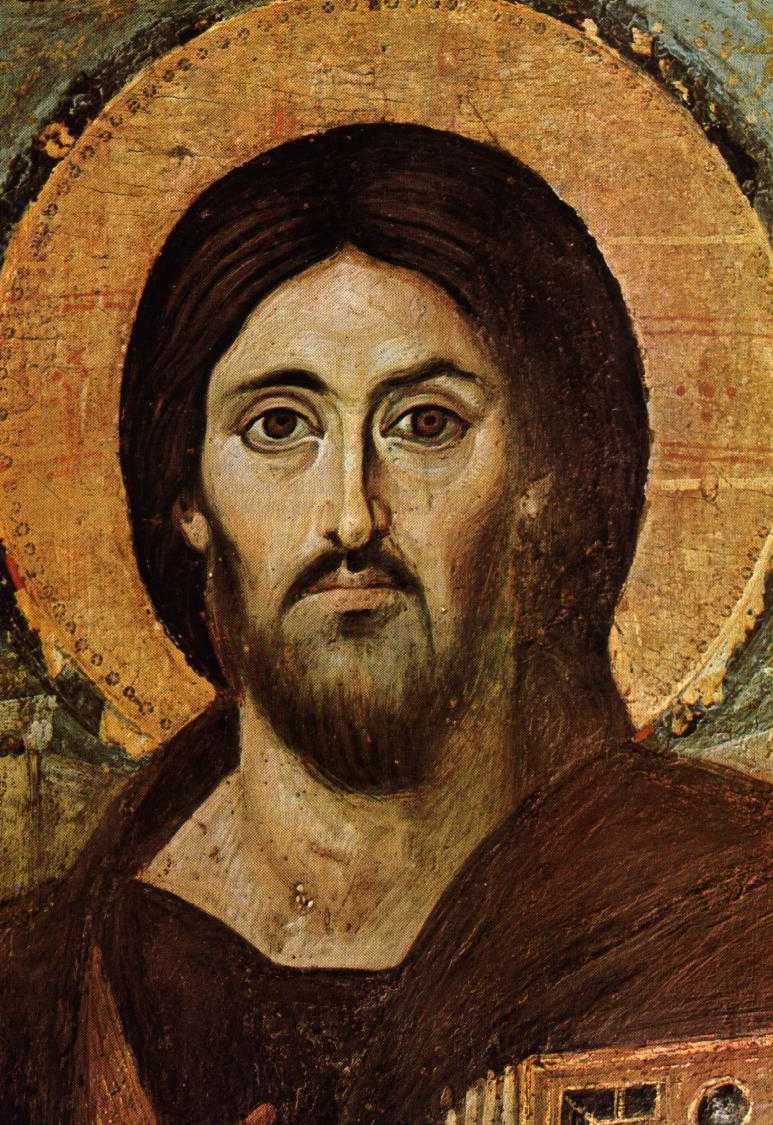
The miracles
In the people of Israel the miracle means the tangible Sign of the Presence and Power of a God near the man till to love him of infinite love. Exactly love Jesus Christ revealed.
Now we are asking if are reliable the narrations of miracles and prodigies performed by Jesus and written in the Gospels and in other books of the New Testament.
First of all, if we consider the diverse and multifarious attestations of miracles, after due consideration we can't negate their historical reality. Mark, Mattew, Luke, the source Q (Quelle), John and the Acts of the Apostles agree about this reality, even if by diverse texts: Jesus is a thaumaturge, that is an operator of miracles.
Second of all, it's very important like miracles are described by the four evangelists: the extreme simplicity of narration, the usual discretion by Jesus operates these prodigies without any ostentation. Or rather he operates some miracles only after a strong act of faith by the beneficiaries.
Besides we must emphasize the public connotation of this prodigies, so that many people sees ricovered each type of patients miracolously.
There is a probative document which shows this thaumaturgical activity of Jesus. It's the Babylonian Talmud and belongs to that rabbinic school which is an implacable enemy of Jesus.
Dont' powering negate this thaumaturgical activity in Jesus, the Talmud attributes itself to the magic art learnt by Jesus in Egypt. Obviusly this Writing shows that the rabbinic tradition, by all its acridity against Jesus, is obliged to recognize the miracles operated by Him. Then these deductions ascribe a solid historical reliablity to the miraclase described in the Gospels.
Besides, "the big popularity derived to Jesus by the miracles is a real element which, besides to emphasizes the originality of the evangelic miracles, it constitutes a serious and solid base to affirme the historical objectivity of this prodigies"(Cfr. F. Uricchio, Miracolo, in Nuovo Dizionario di Teologia biblica", Ed. Paoline, p. 973-974).
The resurrection of Christ is the most great miracle: the central event of the christian message, evidenced in the Gospels, in Apostols' Acts and in other writings of the New Testament.
All the testimonies agree about this important event: in the evening of Easter, Jesus living appeared definitively winner of the death and glorious.
The day before saturday crucified and died on the cross, he is buried in the same day. To prevent the theft of his body, people's leaders place some soldiers in front of the tomb. The following days Mary Magdalen and other women go to the tomb to grease the body according to the local use. But they see that the entrance of the tomb is open, because the big stone is rolled away. Then they see an angel announces them the great Notice:
"Why do you seek the living among the deads? He is not here, but has risen".
Gospels remember the appearances of the Risen Lord to Mary Magdalen, near the tomb; to two disciples of Emmaus and above all to the apostles.
Saint Paul writes about the own personal experience of Risen Lord and to those of the Gospels, but, in his same epistles, remembers the appearances of Jesus to Peter, to James and to more of five hundreds persons, of which the biggest part is living again when he is writing the first epistle to Coirinthians in the year 57.
After the Pentecost, first of all, the apostles announce the resurrection of Jesus. Secondly they announce the other events and prodigies of Jesus. So they are authoritative witnesses of these events. And Saint Paul doesn't hesitate to write: "If Christ isn't risen, our preaching is empty, and empty is our faith"(1 Cor., 15, 14).
TO THE DISCOVERY OF JESUS OF NAZARETH